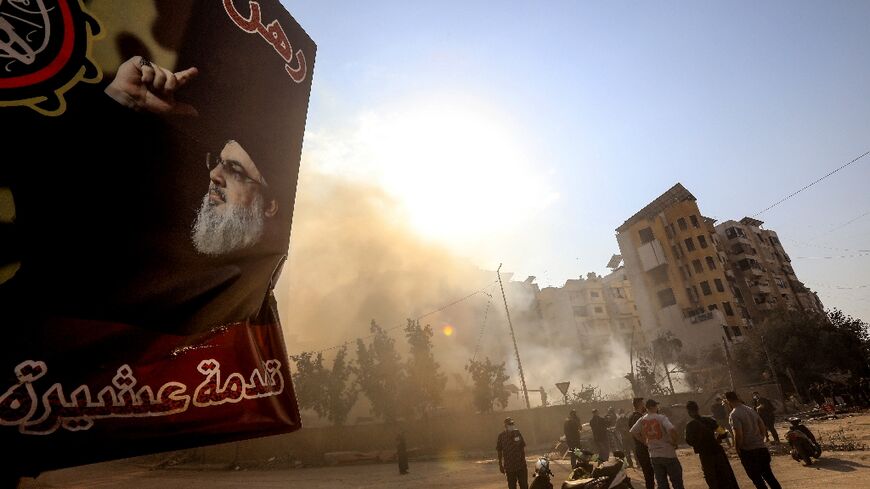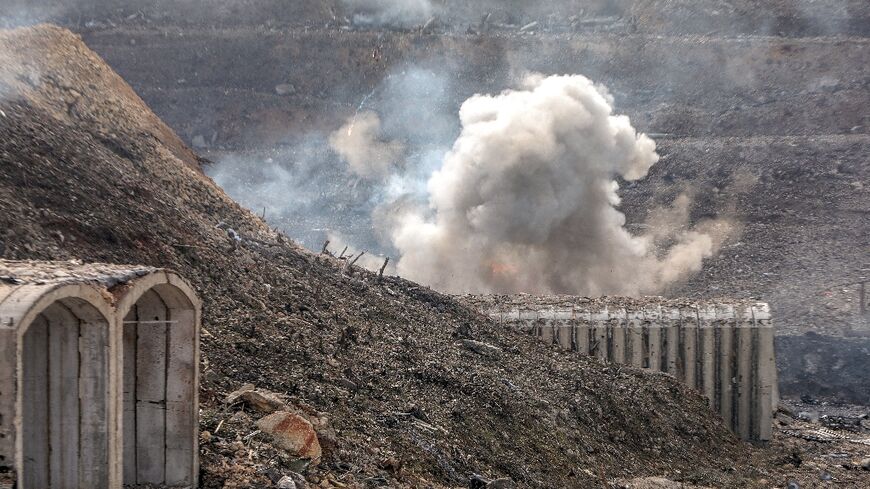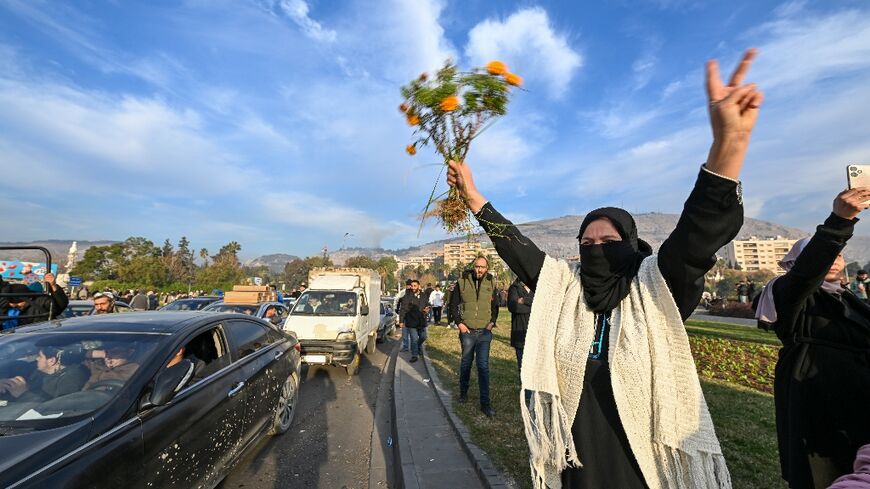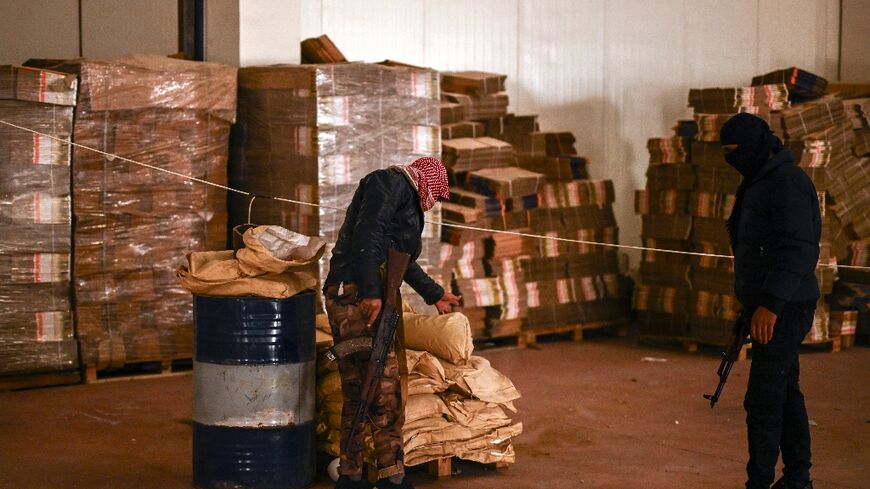Syrians return to ruined homes in city that became Hezbollah hub
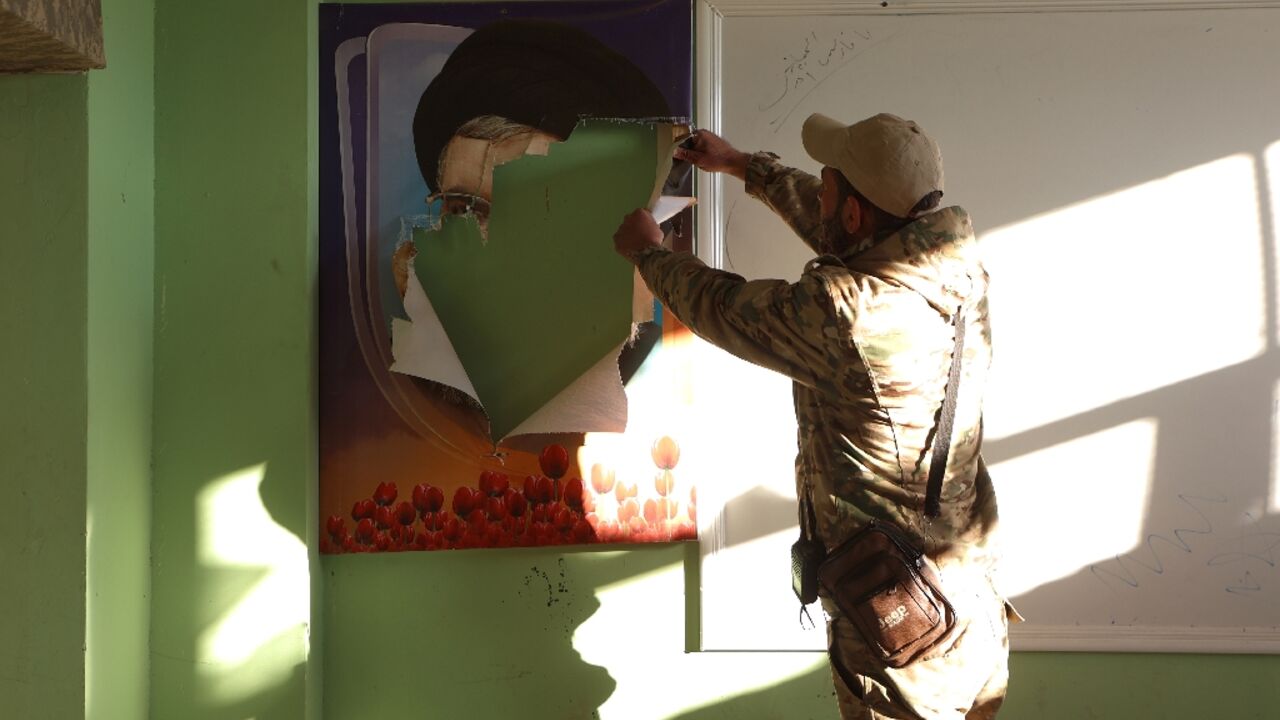
Residents of Qusayr in central Syria are finally returning home after the departure of Hezbollah fighters, who helped Bashar al-Assad's forces seize the city a decade ago and left with his fall.
Many of the houses are now in ruins, after years under the control of the Lebanese armed group, a key Assad ally which had set up a military base and training camp there.
"Most areas in the city of Qusayr were off-limits to us," said 22-year-old resident Ali Khleif.
"Even the local residents who owned shops and establishments there were prohibited from entering."
Syria's military retook Qusayr, near the Lebanese border, in June 2013 after a blistering assault led by Hezbollah fighters.
Qusayr had been used by rebels as a transit point for weapons and fighters from Lebanon, and was strategically vital for the Syrian government because it is close to a major road linking Damascus to the coast.
Hezbollah used the buildings "as warehouses for weapons and ammunition", said Khleif.
"After the liberation, the residents returned to their shops and land" and have reclaimed them, he said.
"We will begin rebuilding them."
Hezbollah acknowledged in 2013 that it was fighting in Syria in support of Damascus, two years after war erupted when Assad brutally repressed a pro-democracy uprising.
Now in Qusayr, former Hezbollah posts have been ransacked.
Images of the group's former chief Hassan Nasrallah, who was killed in September in a huge Israeli strike on Beirut's southern suburbs, have been slashed up and destroyed.
The 2013 battle for Qusayr forced thousands to flee, including many Lebanese residents of the area, which maintains close ties to Lebanon's Bekaa Valley across the border.
Hezbollah fighters abandoned the area with the fall of Assad last week, after Islamist-led rebels pressed a lightning offensive, taking the capital on December 8.
Lawyer Ayman Soweid, 30, said that "during Hezbollah's occupation of Qusayr, our city was regarded as a land bridge for transporting weapons, specifically from Syria and Iran, via Iraq, passing through us to Lebanon."
Israeli strikes have also repeatedly hit the Qusayr area.
Israel, which has carried out hundreds of strikes in Syria since 2011, mainly targeting the army and Iran-backed groups including Hezbollah, has rarely commented on individual raids but has repeatedly said it would not allow Iran to expand its presence in the country.
Elsewhere in Qusayr, Samar Harfouch, 38, was surveying piles of rubble.
She said she had returned on Saturday only to find her home destroyed.
"This is my home, and these are the homes of my husband's brothers -- three homes," she told AFP, also indicating more relatives' homes nearby.
"All destroyed," she said.
"Twelve homes reduced to rubble."


